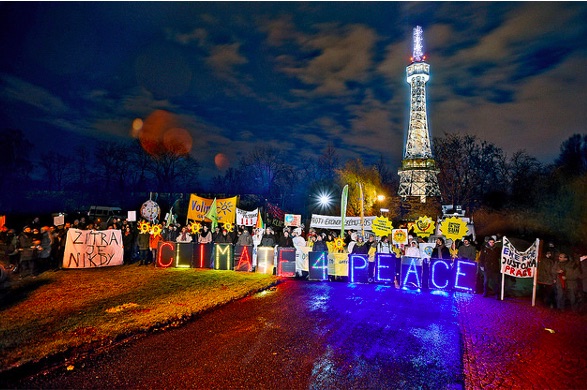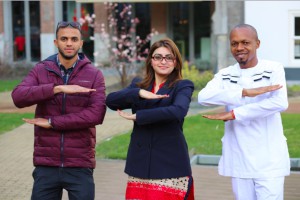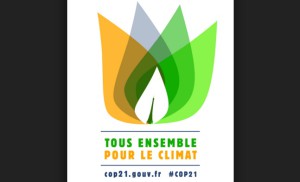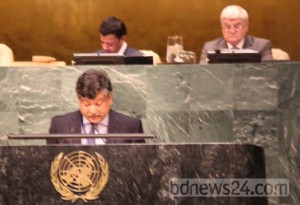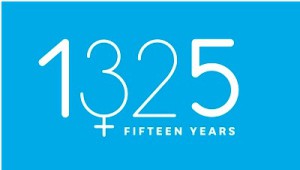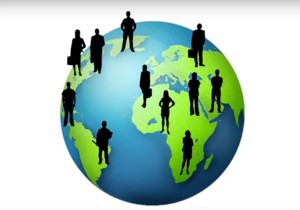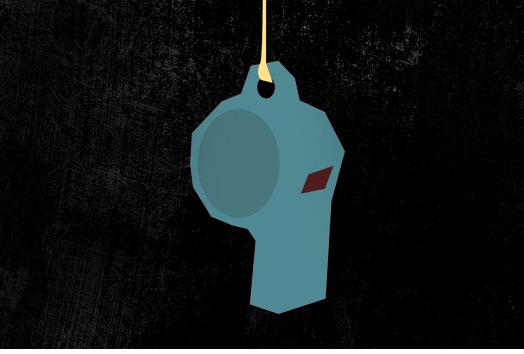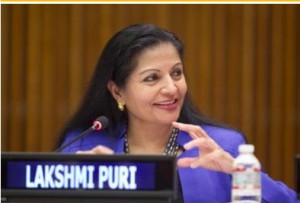TOLERANCE AND SOLIDARITY .
Special for CPNN by Romeral Ortiz Quintilla, member of Youth Advocacy Team of UNOY
And now it is a reality. I still remember very well how two years ago, I was on my first mission to UN Headquarters in NYC as part of the Youth Advocacy Team of the United Network of Young Peacebuilders- UNOY.
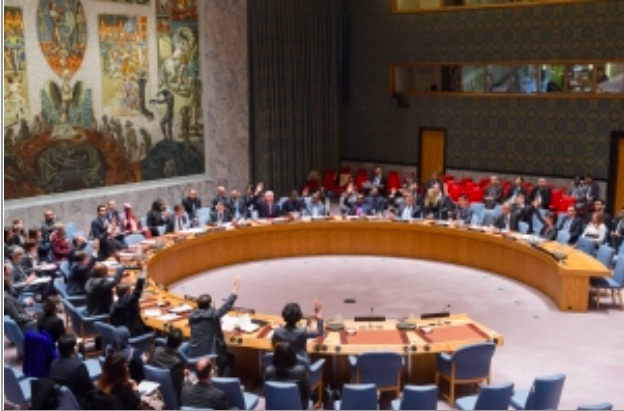
Voting of the UN Security Council of the 2250 Resolution on Youth, Peace and Security
UNOY had put as strategic objective to advocate for the development of a global framework that would recognize and guarantee the role of youth in peacebuilding and violence prevention.
What we had as an ideal goal at that time was to see the UN Security Council Members to adopt a UN Security Council Resolution on youth, peace and security.
In 2013 this was just a dream and around that time very few were the Members States who were supportive or even sensitized on this matter. But nothing could stop us: for the last two years we have been tireless; the efforts were insatiable, the dedication was strong and the commitment was pure. We made researches, wrote reports and knocked on many doors explaining how youth is contributing to peace and justice all around the world and how young women and men had to be taken into consideration ensuring participative and inclusive mechanisms and tools in building peace.
For two years, several missions were held to the UN Headquarters participating to side-events on countering violent extremism, on young women, peace and security, on the World Programme of Action for Youth-WPAY, to UN peace related documents’ review, etc.
It was crucial to be visible and to build strong partnerships with key stakeholders and supporters of our agenda: from the Secretary-General’s Envoy on Youth to the Peacebuilding Support Office, Search for Common Ground, World Vision but also UN agencies such as UNDP or UNFPA to name a few.
In parallel, at local, national and regional levels young people were mobilizing to raise awareness on the topic and to initiative some lobby activities in their own communities and with their own local governments.
(article continued on the right side of the page)
Is there a renewed movement of solidarity by the new generation?
(article continued from the left side of the page)
And then, a key player entered in the game: Jordan. We had been told we needed a champion to support our cause. That champion happened to be the Hashemite Kingdom of Jordan that took very seriously the theme and brought to the UN Security Council the first ever open debate on youth, peace and security this past April, 2015. It was then followed by the first Global Forum on youth, peace and security where more than 600 participants gathered in Amman – youth representatives, donors, UN agencies, governments, academics…- and discussed on how to increase the participation and role of youth in preventing violence, transforming violence and building peace leading. Statements and commitments were translated into the Amman Youth Declaration, precursor of the UN Security Council this past December.
Indeed, the 9th December 2015 is now a date we will not easily forget, the day when the 15 members of the UN Security Council voted unanimously the UN Security Council Resolution 2250 on Youth, Peace and Security led by Jordan.
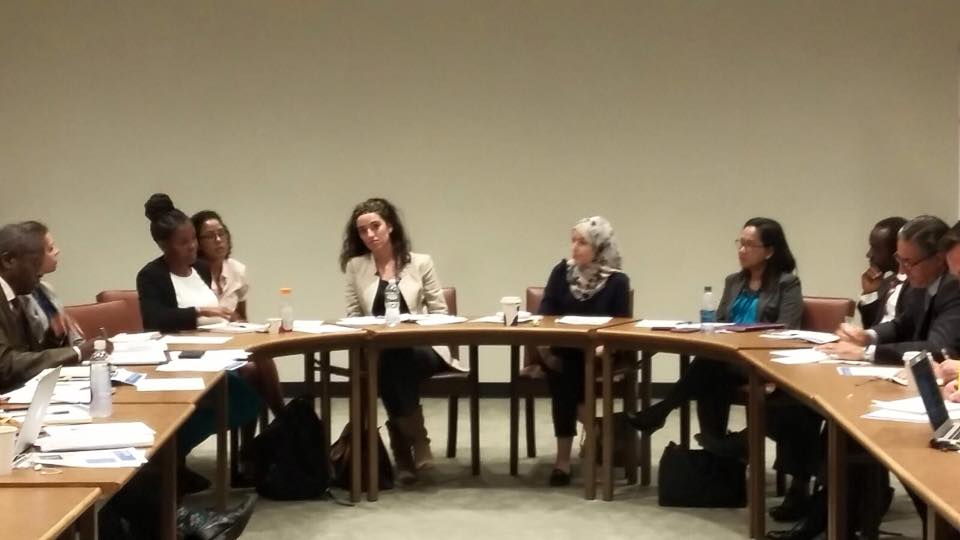
Participation of Romeral, on behalf of UNOY as panellist in the side event to the Security Council, High-level review on Resolution 1325 on young women, peace and security.
Exactly two years ago I wrote on this page that “everything seems impossible until it is done”. This is so true. Now that it is done, we count on an historic recognition calling for the acknowledgment on the role of youth in building peace and demanding for further efforts in terms of participation, protection, prevention, partnership and reintegration, the five pillars of the resolution. The first time a Security Council Resolution is fully dedicated to youth and calls on their role in peace under a holistic perspective: positive peace as the presence of all resources needed for human being to enjoy sustainable rights, equality, freedom and justice.
Now, that it is done, we will redouble our efforts, making sure that the resolution is well known, implemented and translated into programs and efforts.
Because peace is not just our goal, it is definitively our path.
